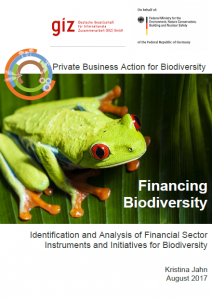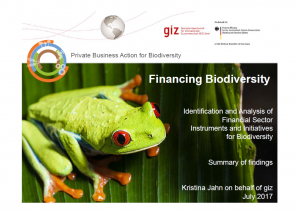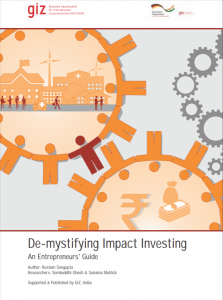Honolulu, HI (2 September 2016) — In an effort to address an estimated US $200-300 billion annual funding gap in conservation, civil society organisations, private and public sector financial institutions and academia joined forces today to launch the Coalition for Private Investment in Conservation (CPIC) during the IUCN World Conservation Congress taking place in Hawaiʻi. The Coalition’s goal is to help preserve the world’s most important ecosystems by creating new opportunities for return-seeking private investment in conservation.
The Coalition, which includes Credit Suisse, The Nature Conservancy (TNC), International Union for Conservation of Nature (IUCN), and Cornell University as the founding members, plans to develop new investment models and funding pipelines that will help close the current conservation funding gap and contribute to the global goals for biodiversity conservation and sustainable development.
Building on the expertise and experience of the various partners, CPIC will serve as a hub, connecting investors and financial institutions with in-country partners, who can help develop and execute investable deals that eventually produce an environmental and financial return. Initially, the Coalition plans to focus on several priority investment sectors: forest landscape restoration, sustainable agriculture intensification, sustainable coastal fisheries and resilience, and watershed management.
“We are at a critical turning point in history, where all stakeholders are increasingly aware of the urgency of sustaining nature for the benefit of all,” says IUCN Director General Inger Andersen. “Public sector finance and philanthropic capital alone is not sufficient to meet these challenges. This new Coalition will serve as a critical platform to share expertise, stimulate innovation, and help scale up sustainable investment models, and raise awareness of the potential importance of private capital to conservation.”
Conservation finance represents a massive, undeveloped private sector investment. Research suggests private investors—wealthy individuals, pension funds, other institutional investors and even mainstream retail investors—could supply as much as the $200 billion to $300 billion per year needed to preserve the world’s most important ecosystems.
“This coalition is crucially important both because of the size of the investment opportunity and the positive environmental impacts that developing this area of finance could have,” says John Tobin-de la Puente, Professor of Practice jointly appointed in the Charles H. Dyson School of Applied Economics and Management at Cornell University and the Cornell Institute for Public Affairs in Cornell’s College of Human Ecology. “Right now, development of a conservation investment market is probably 10 years behind the market for renewable energy, and 20 years behind the affordable housing market. We have the opportunity to generate a brand new market for conservation investment if we figure this out together.”
“The finance sector is increasingly aware that investing in nature can generate returns for both the environment and the economy,” says Fabian Huwyler, Vice President of Sustainability Affairs at Credit Suisse. “If we want private investors to help close the conservation funding gap, the conservation and finance communities need to better collaborate to shift the field from small, donor-driven projects to large-scale conservation markets.”
“We already bring a wealth of experience into this Coalition,” says Lynn Scarlett, Managing Director of Public Policy for The Nature Conservancy. “At the Conservancy, we have already facilitated six impact investment deals totalling $200 million dollars in marine conservation and agriculture, and this new coalition should help us bridge our largest challenge, which is a lack of investment projects in the pipeline. We’ll know we’ve reached success when the big banks have enough projects as options that they can pick and choose where conservation investment will have the most significant impact.”
Source: www.iucn.org



